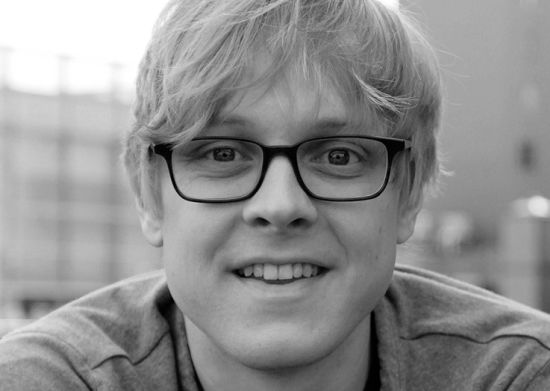
Making The Cut: 12 Up and Coming Editors Share Their Craft
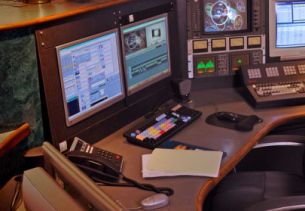
The storytellers of post-production, editors are take us on emotional journey in 30 seconds – whittling away hours of footage in the process. But why apply their immense skill to the short succinct craft of advertising? Rachael Delahunty, Head of Communications & LBB/Lab, caught up with 12 young editors to find out more about their craft, their challenges, and the advice they’d give to anyone wanting to follow in their footsteps.
Oscar Marmelstein – Ambassadors (Amsterdam)
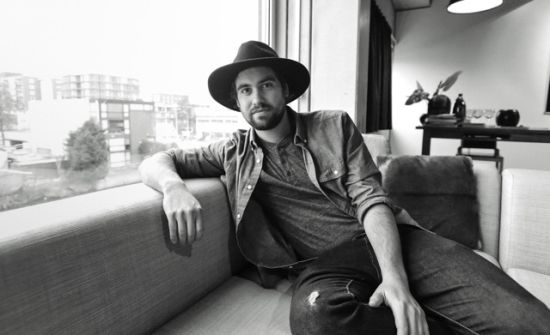
LBB> What drew you to commercial editing as opposed to film or TV?
Since I started editing at Ambassadors I’ve found that shorter work is more fun and diverse. Working on multiple projects and also finishing them in a short time keeps my creativity at a high level. Every week I meet new creatives which is really inspiring and builds a diverse network.
I loved working with directing duo Lennert & Sander, for example, on Sony Turtle Cam. They have a very detailed eye and make very specific decisions at an early stage. Personally I think that they are one of the best online teams.
LBB> What are the most challenging aspects of storytelling as an editor?
The most challenging thing is getting the message through to the customers. The best story won’t directly sell the product but if the story leans too much on the product it loses its meaning as well. Editing for advertising is often about finding the perfect balance to tell a compelling story while staying in touch with the purpose of the project.
LBB> What advice would you give someone trying to get into editing in 2016?
My advice to you all is: learn to tell stories and look into the history of editing. Also learn by watching films, ads, music videos and tutorials as much as possible. Analyse why something works or doesn’t work. Try every technique and program there is to make your edit work.
Sony Turtle Cam
Ben Keller – BlueRock (New York)
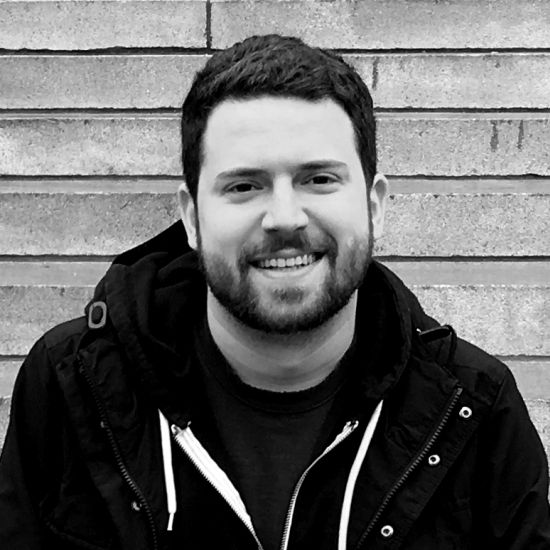
LBB> What drew you to commercial editing as opposed to film or TV?
There’s something creatively freeing about working within a small window of time. With commercials and a lot of short-form content the stories are rarely linear, so you get the opportunity to really experiment not only with the construction of the narrative, but with the small nuanced moments in between.
LBB> What are the most challenging aspects of storytelling?
Seeing each piece from every possible point of view. It’s easy enough to tell a story the way you first conceive of it, but it becomes more and more challenging to reimagine and rebuild the story a second, third, fourth and fifth time. You’re always looking for a new angle.
LBB> What advice would you give someone trying to get into editing in 2016?
There are no more barriers to entry, since everyone has access to editing software now.
So while technical proficiency with your chosen tool is fundamental, it’s most important to find your own distinct style and voice. That’s what sets you apart and makes you unique.
Jack Singer – Cut+Run (London)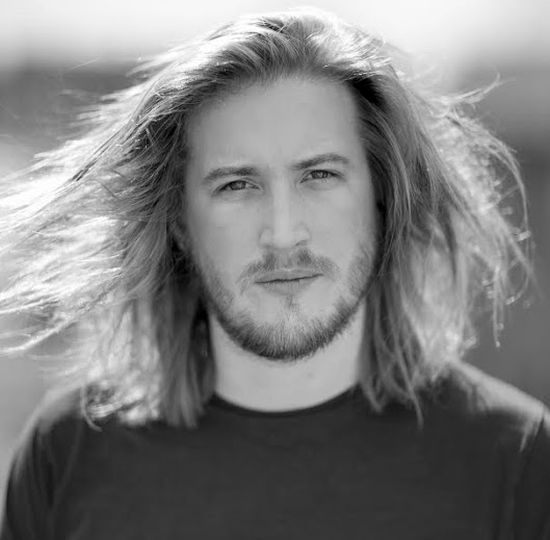
LBB> What drew you to commercial editing as opposed to film or TV?
Unlikely as it might sound, I’ve always loved adverts. Good adverts can have a lasting impact on you, equal to film or television, but achieved in such a short timeframe - and I’ve always found that appealing.
LBB> What are the most challenging aspects of storytelling as an editor?
Keeping it interesting. Even in 30 seconds, if people aren’t engaged then they’re not going to care.
LBB> What advice would you give someone trying to get into editing in 2016?
Be prepared for a lot of work, watch everything and don’t skip the adverts!
David Johnston – jumP (New York)
LBB> What drew you to commercial editing as opposed to film or TV?
I really enjoy graphic and montage editing. I find that it's what I'm best at. I think my editing style has strong music video influences, and I feel like this lends itself well to working on advertising.
LBB> What are the most challenging aspects of storytelling as an editor?
One of the biggest challenges is being able to take a step back from your work and realise that the average viewer doesn't have the same familiarity with the content that you do. I always love showing work to ‘fresh eyes’ late in a project to make sure communication is still strong.
LBB> What advice would you give someone trying to get into editing in 2016?
Ask lots of questions, even if you annoy people. The more you know, and the less you assume, the stronger you will be.
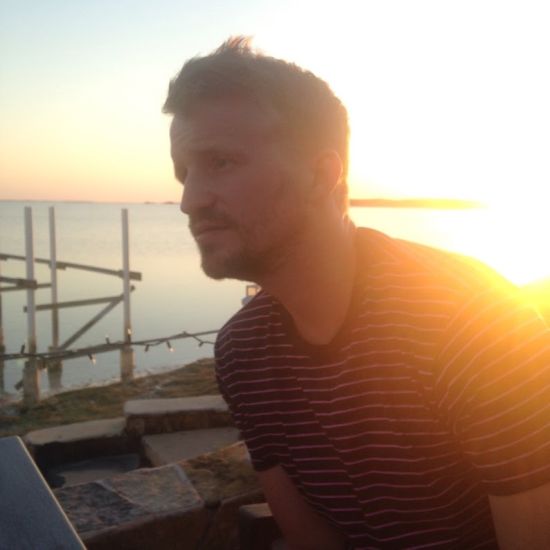
LBB> What drew you to commercial editing as opposed to film or TV?
A love for music videos and creativity brought me to the commercials world. The fast turn around and being able to go from job to job is fun. I would love to do Film or TV.
LBB> What are the most challenging aspects of storytelling?
Having a connection with a viewer is possibly the hardest thing to create; you want the viewer to enjoy or be engrossed in what they are watching.
LBB> What advice would you give someone trying to get into editing in 2016?
Love what you do, work hard and be nice.
Macbeth
James Dierx – Whitehouse (Los Angeles)
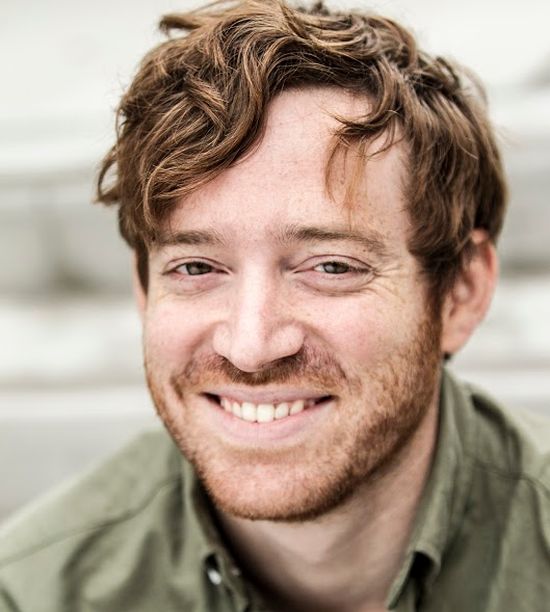
LBB> What drew you to commercial editing as opposed to film or TV?
I started out in Chicago and it's a pretty nice hub for advertising. Right out of university I was working with some of the best in the field and I've been hooked ever since.
LBB> What are the most challenging aspects of storytelling as an editor?
I used to have a tendency to get linear with things. Start, middle and end. One thing leads to another. Sometimes that's great for the project but sometimes it's good to mix it up.
LBB> What advice would you give someone trying to get into editing in 2016?
Don't print the pre prod book/script notes. Save the trees!
Saam Hodivala – Work Editorial (London)
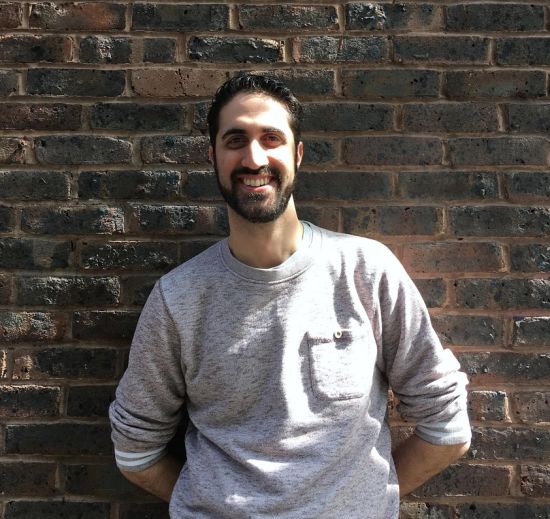
LBB> What drew you to commercial editing as opposed to film or TV?
I love the quick turnaround, with always something new on the horizon. It’s like constantly making teeny, tiny short films. I’ve never been bored a day in my career.
LBB> A large part of your role is conveying a story, efficiently and clearly – what are the most challenging aspects of storytelling?
Time. When you have 30 seconds, or even less, to tell a story, sell a product and try to get a chuckle at the same time, you’ve got to get the balance right. Just a few frames can be the difference between a successful punch line and a slightly confused viewer.
LBB> What advice would you give someone trying to get into editing in 2016?
This is going to sound super cheesy, but I’d honestly say the most important thing is to just be yourself. If you can be relaxed but professional with a room full of people, then that's half the battle won. When you find that balance and have fun with it, then it doesn't even feel like work.
Tena Control
JP Damboragian - BlueRock (New York)
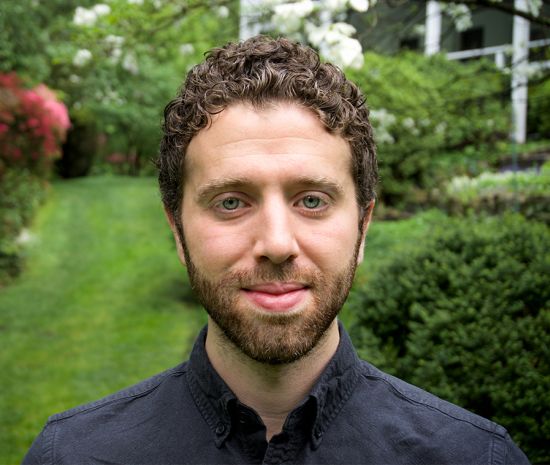
LBB> What drew you to commercial editing as opposed to film or TV?
Commercials are short. You know in 30 seconds if your cut's working. If it's not working, you tweak it, you watch it down again. I like the immediacy of it. You have the time to exhaust all possibilities and all directions until you find the one that works best.
LBB> What are the most challenging aspects of storytelling as an editor?
Engaging your audience.
LBB> What advice would you give someone trying to get into editing in 2016?
Be your biggest critic. Your cut's not good just because your mum said she liked it.
British Airways
Stacy Peterson – Cut+Run (New York)
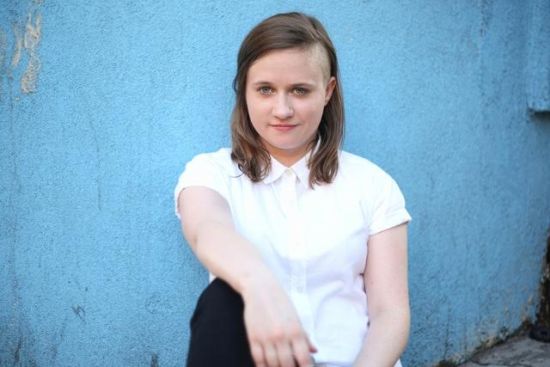
LBB> What drew you to commercial editing as opposed to film or TV?
Commercial editing pushes me to be an inventive storyteller. We are presented with a puzzle and have a limited window of time to create the pulse of the story. Everything has to click together in just the right way. It makes me sharp.
LBB> What are the most challenging aspects of storytelling as an editor?
There is a delicate balance between finding the emotion - which can be anything from amusement to heartache - and selling a product at the end of the day. As in any medium, the audience won't care if they don't connect.
LBB> What advice would you give someone trying to get into editing in 2016?
Probably cliché, but watch everything. Say yes. And be prepared to work. A lot.
Clorox, Play
Adrianna Merlucci – jumP (New York)
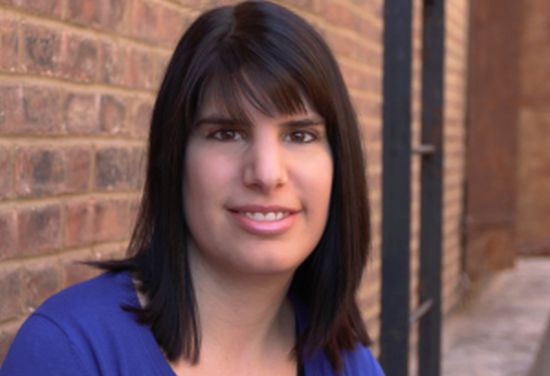
LBB> What drew you to commercial editing as opposed to film or TV?
I wanted to be an editor from a very young age and was always interested in commercial work as a viewer. So after my experience cutting internal pieces for a PR firm in New Jersey, it was time to head to the crazy world of advertising. The ‘every day is different’ life keeps me on my toes. Plus, Advertising and I have always had something in common... New York City is home!
LBB> What are the most challenging aspects of storytelling?
Of course there’s the time constraint - limiting our broadcast spots to a set limit. But generally, the agency copywriters do a fantastic job of keeping the concept concise. I think a larger challenge, especially at this stage in my career, is devising a way to make my edit stand out from the rest of the pack.
LBB> What advice would you give someone trying to get into editing in 2016?
Practice. Practice some more. Ask for opinions. Cut in your spare time. Don't eat yellow snow.
Malibu Rum – Malibros
Paul O'Reilly – STITCH (London)

LBB> What drew you to commercial editing as opposed to film or TV?
I really like the quick turnaround and the fact you can be working on one thing one week and another the next is really appealing to me.
LBB> What are the most challenging aspects of storytelling as an editor?
Trying to get an audience to feel a certain way I think is the most challenging thing about editing. It's all about subtleties; overdo it and it becomes cheesy, underdo it and people don't feel anything.
LBB> What advice would you give someone trying to get into editing in 2016?
Just edit anything you can get your hands on. I still learn something on every job the more you edit the more you'll learn and the better you'll get.
Run the Jewels
James Forbes-Robertson – Whitehouse (London)
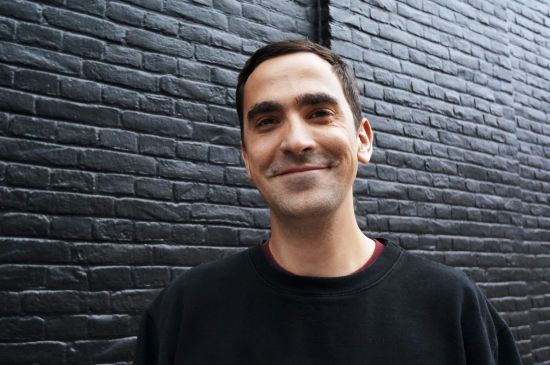
LBB> What drew you to commercial editing as opposed to film or TV?
My father is an agency producer so I kind of grew up around the industry. I guess there was a familiarity to the world of commercials. And once I started working in the industry, I realised pretty quickly that I enjoy the fast turnaround and variety of short form film-making.
LBB> What are the most challenging aspects of storytelling for editor?
This can vary so much from job to job, every film presents a different set of challenges I think. But that's what keeps the job interesting for me. I like problem solving!
LBB> What advice would you give someone trying to get into editing in 2016?
Find the company whose work most interests you and get a running job there and take every chance you can to start/practise on the software. And don't forget being a runner is way better than working in a factory (I've done both) so don't bitch about it (I met lots of runners who did)!
Save the Children








